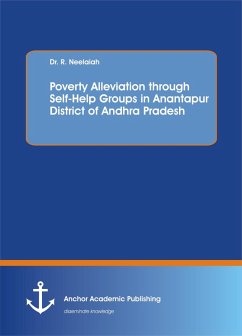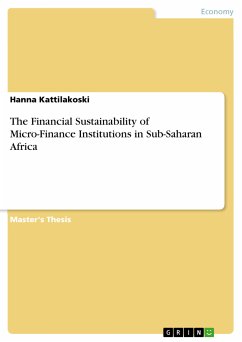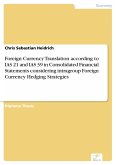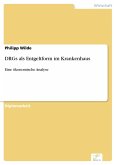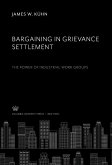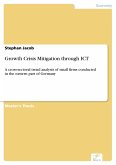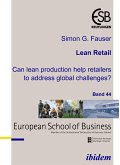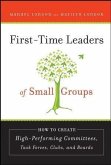In developing economies and particularly in rural areas, many activities that would be classified in the developed world as financial are not monetized: That is, there is no money used to carry them out. This is often the case when people need the services money can provide but do not have dispensable funds required for those services, forcing them to revert to other means of acquiring them. People find creative and often collaborative ways to meet the needs, primarily through creating and exchanging different forms of non-cash value. Common substitutes for cash vary from country to country but typically include livestock, grains, jewelry and precious metals. In the 2000s, the micro finance industry's objective is to satisfy the unmet demand on a much larger scale, and to play a role in reducing poverty. While much progress has been made in developing a viable commercial micro finance sector in the last few decades, several issues remain that need to be addressed before the industry will be able to satisfy massive worldwide demand.
Dieser Download kann aus rechtlichen Gründen nur mit Rechnungsadresse in A, B, BG, CY, CZ, D, DK, EW, E, FIN, F, GR, HR, H, IRL, I, LT, L, LR, M, NL, PL, P, R, S, SLO, SK ausgeliefert werden.

